By blocking the release of all documents concerning the Kennedy assassination, US President Joe Biden has continued what is now something of a White House tradition. It is no wonder that most Americans believe that Lee Harvey Oswald did not act alone.
The late Senator John Glenn of Ohio – an astronaut-hero of the Kennedy era – wrote the 1992 law. It stipulates that “all Government records concerning the assassination … should carry a presumption of immediate disclosure, and all records should be eventually disclosed.” The law states that “only in the rarest cases is there any legitimate need for continued protection of such records.” Congress was precise in specifying where such a need might exist. Protecting the identity of an intelligence agent who “currently requires protection” was one case. Likewise, any intelligence source or method “currently utilized” deserved protection. In some cases, privacy concerns might be paramount. Finally, there was language exempting any other matter relating to “defense, intelligence operations, or the conduct of foreign relations, the disclosure of which would demonstrably impair the national security of the United States.” After 25 years, those provisions lapsed, whereupon the law requires the President to certify that “continued postponement remains necessary to protect against an identifiable harm to the military defense, intelligence operations, law enforcement, or the conduct of foreign relations that is of such gravity that it outweighs the public interest in disclosure.” On October 22, President Joe Biden made this certification, supposedly on a temporary basis, tasking the relevant federal agencies to review all remaining records and report by October 1, 2022, on any cases where the risk of such identifiable harm remains. What “identifiable harm” could there possibly be? In reporting this story, The New York Times reminds us that an exhaustive, “yearlong inquiry into the murder led by Chief Justice Earl Warren concluded that Lee Harvey Oswald acted alone.” Oswald, like Kennedy, has been dead for 58 years. If he acted alone, and if an exhaustive inquiry established this fact 57 years ago, what secret could be left? If he acted alone, there were no other guilty parties. Not then, not 29 years later, and not today. The Times distinguishes between “researchers and conspiracy theorists.” One may infer that researchers are those who trust the Warren Commission, whereas conspiracy theorists are those who do not. But apart from those few who have made careers out of defending the Commission against its many critics, why would anyone who didn’t distrust the official story be interested in this case? In fact, as the Times admits, people are interested, with surveys finding that “most Americans believe others were involved.”
In other words, most Americans accept a conspiracy theory. They can see that the “lone gunman” story cannot be reconciled with the claim that national defense, intelligence operations, or foreign relations in 2021 would be compromised by releasing all documents, with no redactions, as required by law, nearly 58 years after Kennedy’s assassination by that lone gunman.
I am not accusing Biden, or the agencies whose advice he accepted on these matters, of breaking the law. On the contrary, I take them at their word: that in their view, a full disclosure of all documents would compromise military, intelligence, and foreign relations. It is not difficult to imagine how. Suppose, for the sake of argument, that there was a conspiracy. Suppose that the remaining documents, together with those already released, were to establish – or permit private citizens to establish – what most Americans already believe. In that case, it would be obvious that the cover-up involved senior US government officials – including the leaders of the very agencies currently being tasked with reviewing the records. And, as a point of logic, it follows that in every succeeding cohort, under every president, the cover-up has continued. Isn’t that the only plausible way the current interests of those agencies might be damaged?
The irony is that by withholding the records, the government has already admitted, without saying so, that the Warren Commission lied and that there are vile secrets which it is determined to protect. It concedes, without saying so, that there was a conspiracy and that there is an ongoing cover-up. If there were not, all the records would have been released long ago. You don’t have to be a “conspiracy theorist” to see this.
Mark my words: Biden’s 2022 deadline will come and go. The song and dance will continue. No one who remembers 1963 will live to see the US government admit the full truth about Kennedy’s murder. And the American people’s faith in democracy will continue to fade. There is only one way to prevent this, and that is to release every record, withholding nothing – and to do it now.

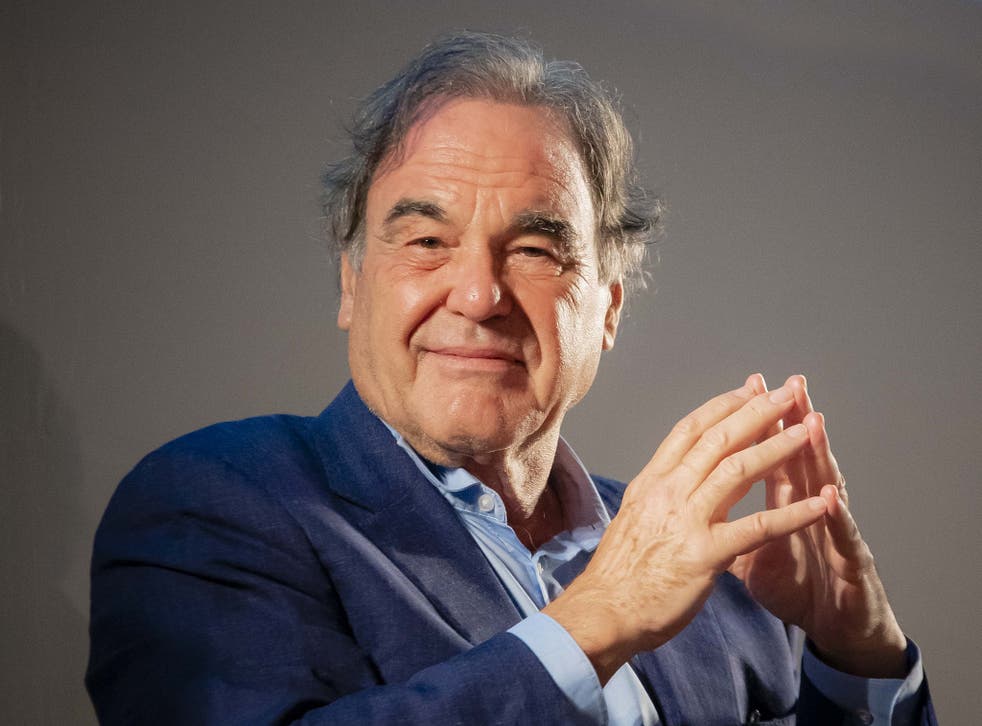
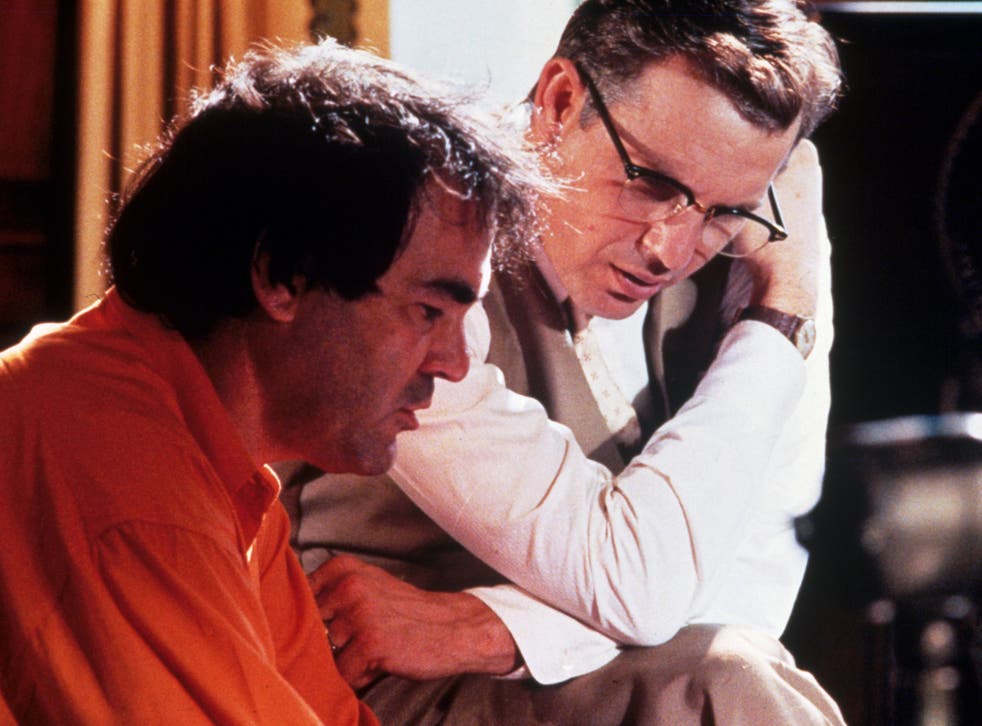
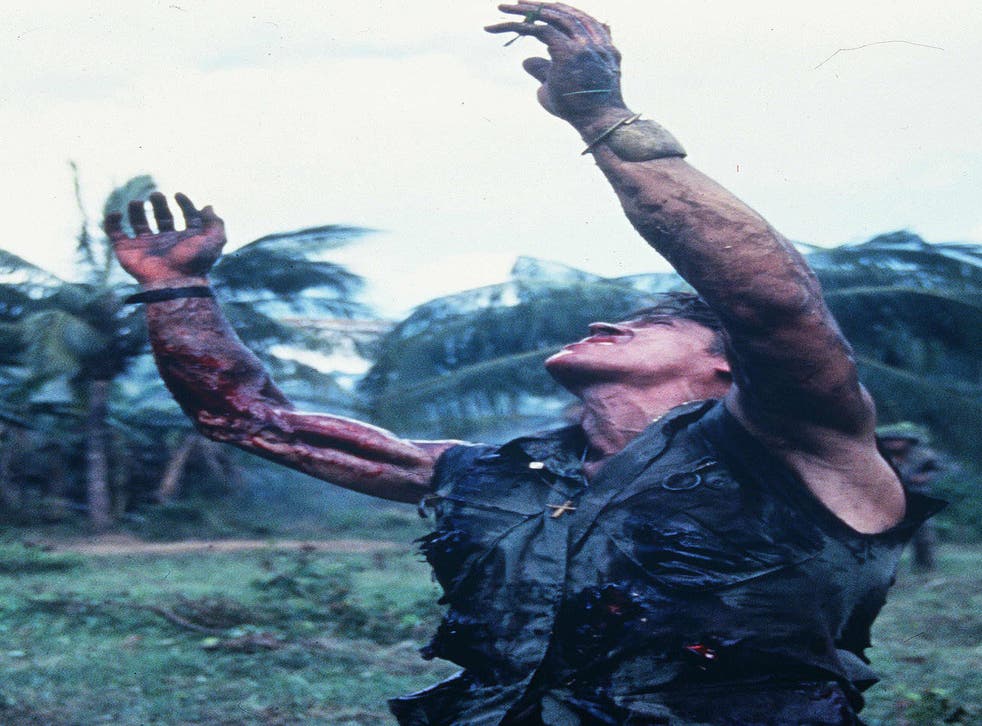
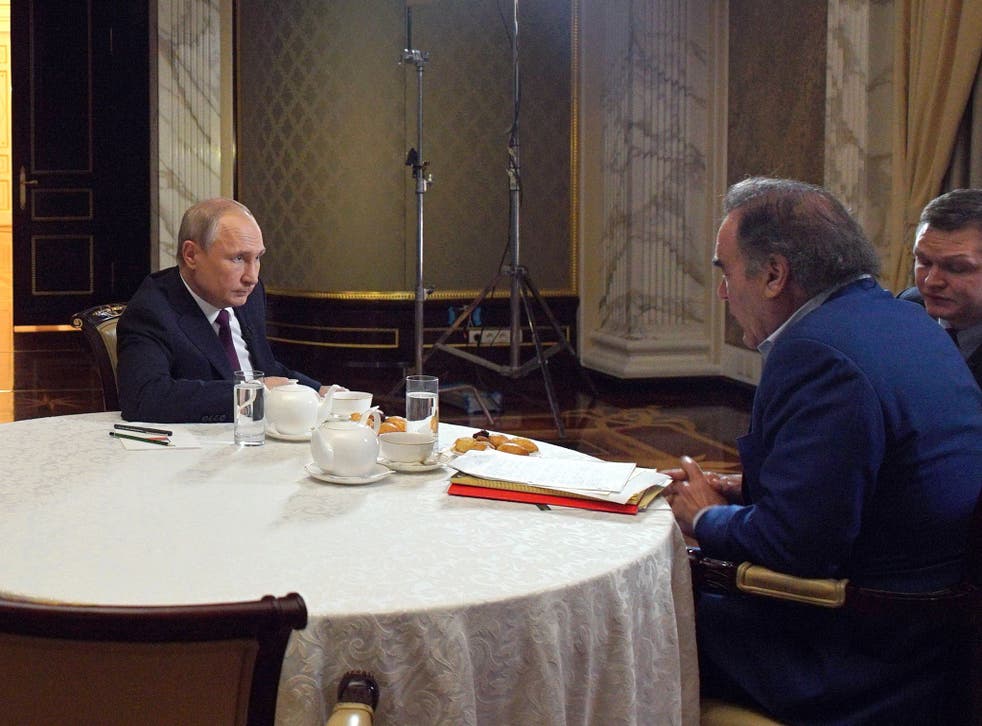
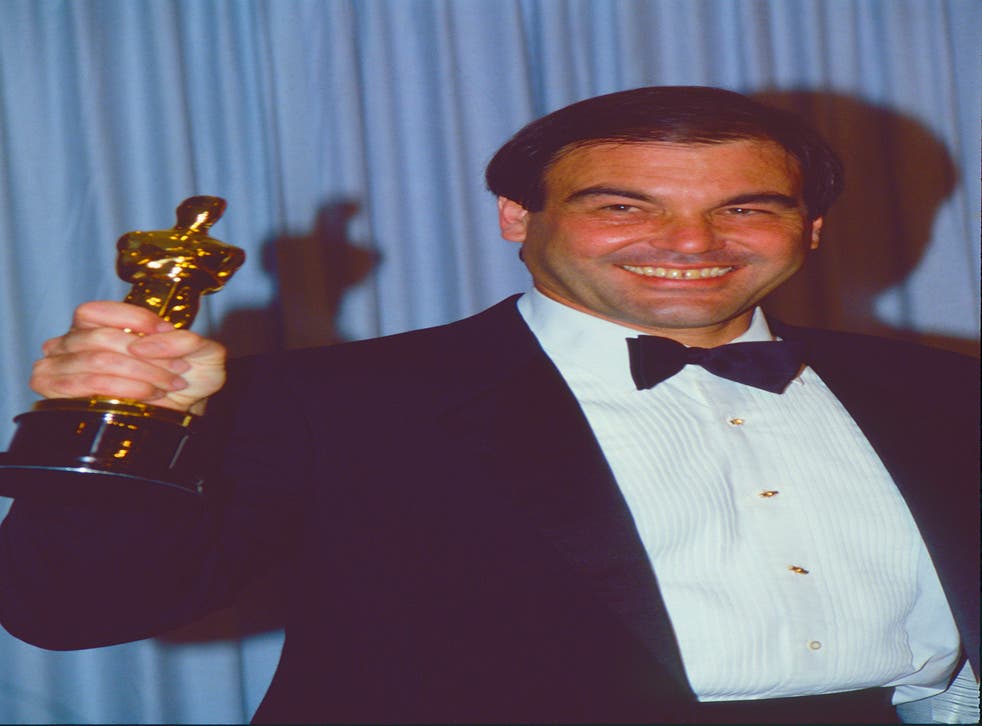
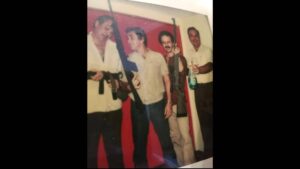






AUSTIN – Brood with me on the latest delay of the full release of the records pertaining to the murder of President John F. Kennedy in Dallas on November 22, 1963. That was 58 years ago. More time has passed since October 26, 1992, when Congress mandated the full and immediate release of almost all the JFK assassination records, than had elapsed between the killing and the passage of that law.